European Council President Charles Michel is due to converse with President Xi Jinping over a phone call on Friday, October 15, 2021 in a call that is widely expected to cover areas including human rights, trade issues, and domestic politics in both European countries (on fronts pertaining to the rights of Chinese migrants and students) and China (concerning China's handling of crises in Hong Kong and over Taiwan).
Whilst such conversations are – trivially – better than non-communication, it is imperative to note that dialogue for the sake of dialogue could only go so far in diffusing tensions and repairing relations. The EU and China share a plethora of common interests and convergences – ones that could well foment and ground a reliable basis for collaboration and closer relations. Yet unless three imminent challenges are appropriately dispensed with and addressed, bilateral exchange would remain fundamentally vacuous and devoid of bite.
The first challenge concerns the management of internal disagreements within both Europe and China. Now, EU foreign policy chief Josep Borrell has vowed to engage with Beijing "from a position of unity and strength" – yet the extent to which such pledges have teeth and credibility must be called into question, given the widely disparate interests and attitudes towards China amongst EU states. Baltic states, spearheaded by Lithuania, have grown increasingly skeptical of what they perceive to be China's labour rights conditions, flagrant defiance of European norms when it comes to economic presence in the region (e.g. Huawei), and China's handling of civil unrest in Hong Kong. For such states, their concerns with China are chiefly ideological, as opposed to economic. Other member states, such as Greece and Spain, are by far more receptive towards China – eyeing keenly the prospects of opening up their markets, firms, and trade at large to what would soon become the largest consumer market in the world. Germany and France have sought to hedge between competing interests, though with Germany's succession turmoil and Macron's having his own battle to fight in six months, it remains unclear as to if they would be able to provide genuinely Europe-serving and long-termist leadership in shaping the European community's response to China. The challenge for Europe, therefore, is to establish at least some modicum of internal consensus – both in order to avoid undercutting its own credibility and sowing further seeds for divisions, but also in ensuring that Europe is in a position to negotiate with China cogently and effectively.
On the other hand, Beijing must also confront the surging tides of opprobrium directed towards certain members of the European community, amongst its own population. Many in the Chinese public are skeptical of European states' actions and speech towards their country – perceiving the consternation displayed over China's alleged human rights malpractices as evidence of foreign interference and patronising imperialism. Chinese diplomats must themselves reckon with the increasingly bellicose anti-Western sentiments rampant amongst the grassroots in their country – and toe the fine line between tactfully offering reasonable concessions, and coming across as too weak and capitulatory towards the other side. Now of course, the Chinese state can resort to careful management of public opinions as a means of moderating any potential flack received for its "softening" on Europe – yet will it do so? Does it want to do so? That much remains to be seen.











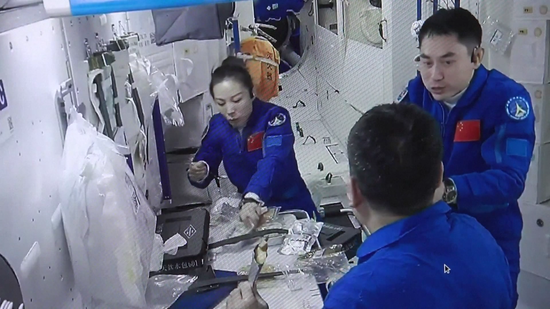



















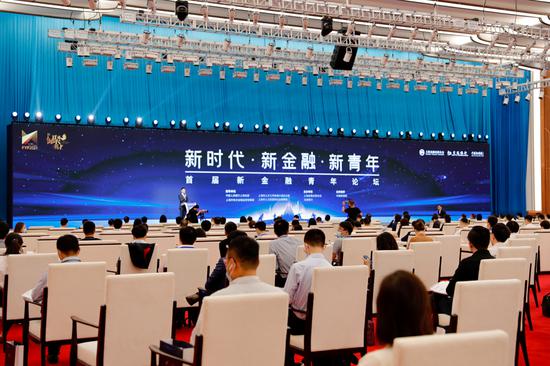





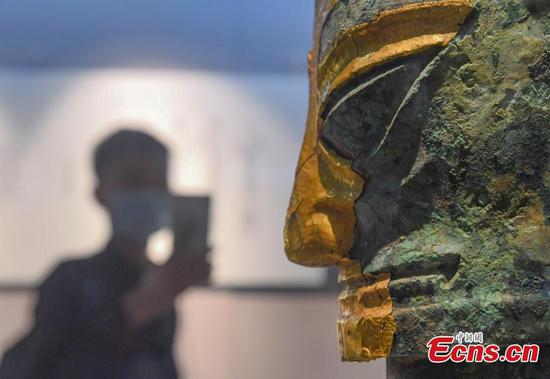



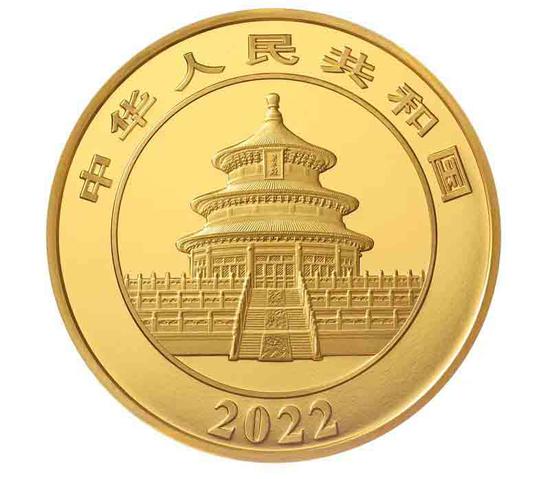
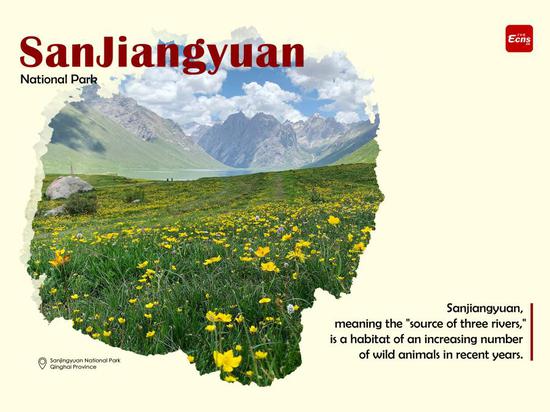
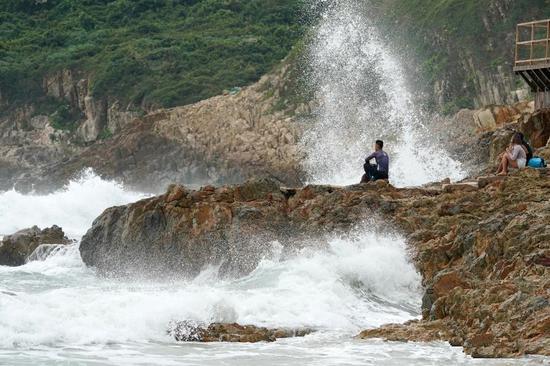






 京公网安备 11010202009201号
京公网安备 11010202009201号